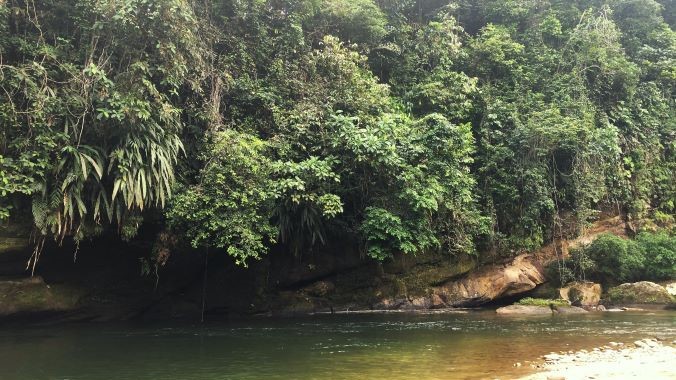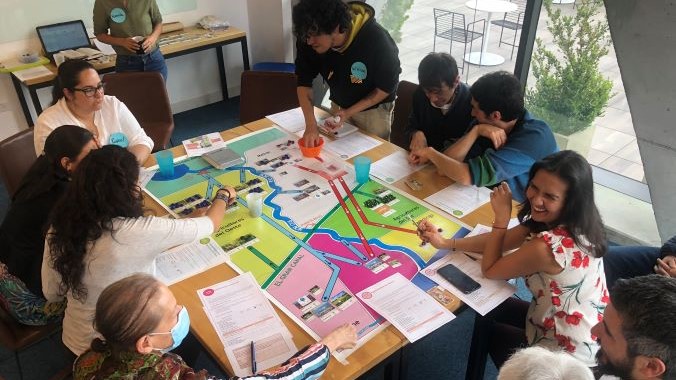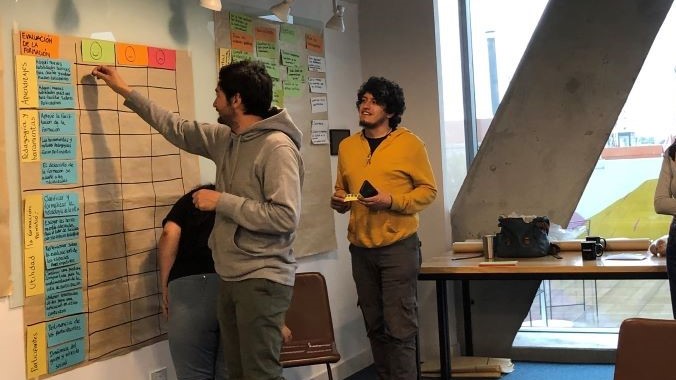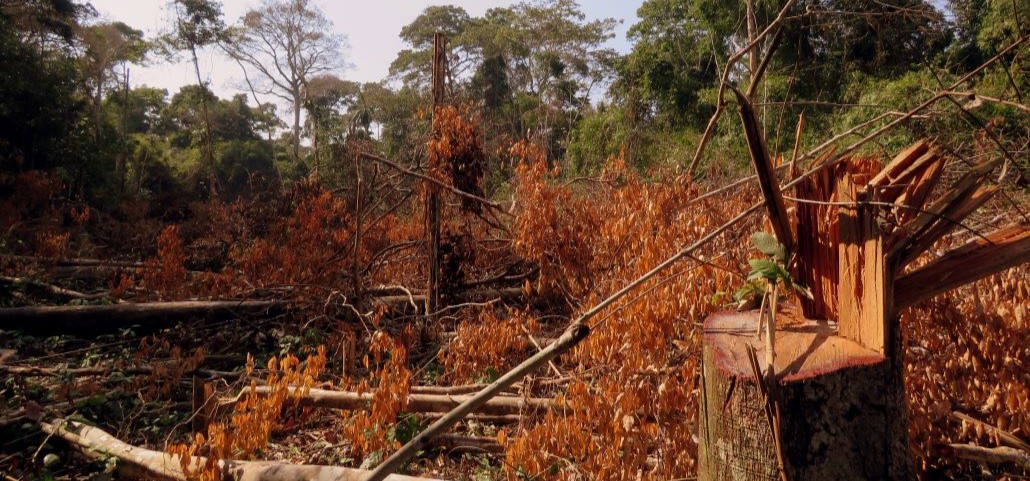Context
For the first time in our history, we granted rights to a natural entity. Indeed, thanks to a legal action led by young people living in this territory, the Colombian state was compelled by its Supreme Court to act against deforestation and protect the Amazon. To this end, the ruling provides for the participatory development of the “Intergenerational Pact for Life in the Colombian Amazon” (PIVAC). The management of this extensive participatory process (400,000 km², involving multiple target populations…) has been entrusted to various entities, including the Ministry of Agriculture and Rural Development, which is responsible for a process involving rural communities in 6 departments and 16 municipalities.

Two missions to Bogotá and the Colombian Amazon
Reflective work on public participation practices by Colombian institutions
A critical analysis report on the process carried out in the field
Our mission
We intervened to:
- Strengthen the technical assistance provided by Expertise France to the Colombian state regarding the design of this multi-scale and multi-actor participatory process.
- Enhance the skills of the teams responsible for facilitating the process on the ground.
- Evaluate the process as implemented.
The evaluation component of this mission was based on analyzing the reports from the workshops conducted, as well as participant observation.

Impacts and results
In addition to supporting the design of the methodology and training local teams, the evaluation mission was crucial for verifying the coherence between the objectives pursued, the planned method, and the actual implementation on the ground. The evaluation revealed significant discrepancies between the planned and executed activities, highlighting methodological biases and an issue regarding the posture of the facilitators, who positioned themselves as experts and offered their opinions, whereas the objective of this process was to elevate the vision and proposals of rural communities. Thanks to our work, and to correct these discrepancies, the process leaders ultimately decided to replace the facilitators and entrust the final stage of the process to a neutral entity.


